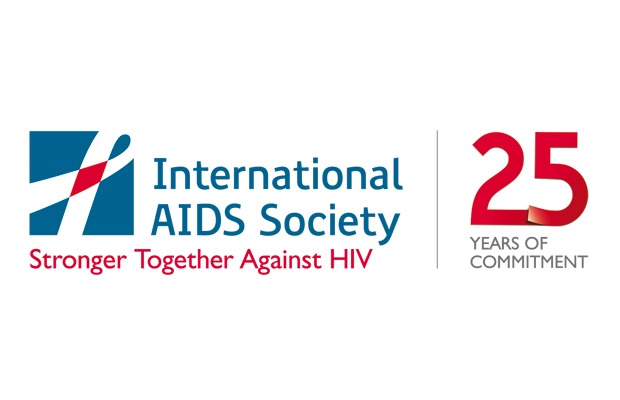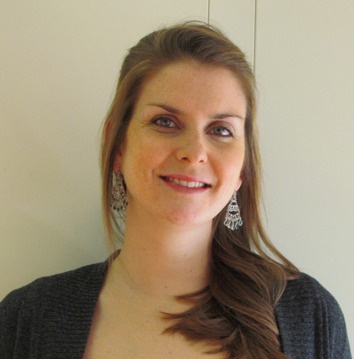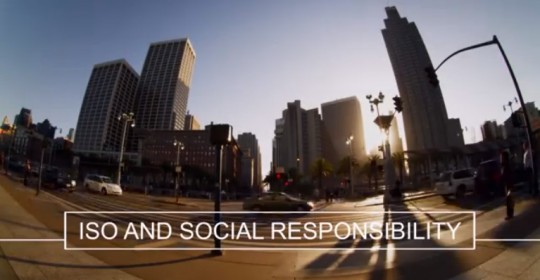
Meeting the IAS
For various reasons, the news stream on national as well as international media platforms could give the unsuspecting viewer the impression that Corporate Social Responsibility (CSR) deals only with multinational companies such as Exxon, BP, H&M and that the field of CSR is about stakeholders and handling crises. For example, in November 2012, a fire at an apparel factory in Bangladesh attracted at lot of attention as more than 100 people - mostly young women - lost their lives. Later on, the New York Times discovered that one of the companies the factory produced for was the world’s largest private employer, American giant, Wal-Mart. This event continues to draw attention to the supply chain policies of Wal-Mart and other multinationals.
Though one can hardly over-estimate the importance of the influence that multinational companies exercise, CSR is more than that. At its core, it is about good ethics and morals and over the last decade environmental concerns have become a priority. Therefore, CSR is also being seen as meaning Corporate Sustainable Responsibility and when the emphasis is on being sustainable, CSR gains a different but equally important meaning.
One organisation that has taken this approach to CSR to heart is the International AIDS Society (IAS), the world’s leading independent association of HIV professionals which will celebrate its 25th anniversary later this year. The IAS plays a leadership role in the global response to HIV and AIDS thanks to its 16,000 members and to its advocacy work. The IAS is also renowned for organizing the IAS Conference on HIV Pathogenesis, Treatment and Prevention and the International AIDS Conference.
Headquartered in Geneva, the IAS is responsible for the organization of the conferences, a process which is mostly done in-house, as explained by Jelena Milovic, IAS’ Congress and Exhibition Manager. Shortly after arriving at the IAS, she took an interest in resource management and in 2008, the CSR Working Group was established. Initiatives had already been taken, such as printing on recycled paper, but no coherent strategy had been formulated at the time. The working group was set up to represent all departments and meeting once a month, enjoyed the full support of the organisation. A new slogan was coined to frame and better communicate its work: “The 4 Rs” – Reduce, Reuse, Recycle and Raise Awareness. Operating under this motto, the working group soon began developing a resource management strategy for its conferences, an approach which turned out to be very successful.
IMEX Award 2011
In 2011, the IAS was awarded the IMEX Green Meetings Award (large meeting category) for its work on the AIDS 2010 conference held in Vienna, Austria. IMEX is a conference held annually in Frankfurt, Germany for incentive travel, meetings and events and attracts large crowds. Since 2003, IMEX has been giving awards in many different categories, the Green Meetings Awards being the most coveted. The AIDS 2010 conference had more than 19 300 participants from 197 countries, 20 session rooms, 20 000 sqm of exhibition space and saw 280 sessions. Going through IAS’s application for the award, one cannot help but be impressed over the depth and range of detail and measurable success they achieved.
Here are a few examples from the application:
- One venue – no need to build temporary structures
- Venue was energy efficient
- Location close to city centre – limited need for transportation. IAS decided not to offer shuttles but instead encouraged the use of public transportation and attempted to provide participants with free or cheap public transportation where possible
- Hotels selected using the “Green meeting check list”
- Carbon Offset – delegates could choose this option when booking plane tickets, while it was mandatory for staff and speakers. USD 30 000 was given to charities through this set-up
- Fair Trade products and locally grown food were used extensively
- Water was conserved
- Waste minimisation – e.g. abstract books were only printed to order, leaving no books left over. Compared to the conference in 2008, 7 tons of paper were saved
- Leftover (unused) food was donated to a local charity feeding 160 people daily
This conference was the first time that there was that much attention paid to resource management and with its stringent implementation, compared to AIDS 2008, the conference saved USD 603 000.
“CSR is part of our ethics”
The motivation behind the focus on resource management springs from the view that since the IAS is a “do-good” organisation it follows that it needs to be thoughtful about its behaviour. According to Francesca Da Ros, IAS Communication and Media officer, “CSR is part of our ethics” and, for example, all suppliers need to sign a contract where they are in effect signing up to the UN Global Compact, of which the IAS is a member. Potential suppliers are given a booklet that explains the facts about HIV/AIDS and the response from suppliers is very positive. When suppliers have been thus informed, they never turn down proposals. Also, the IAS adheres to the NGO Code of Good Practice which almost 500 organisations in the field of HIV/AIDS have signed up to.
The IAS approach to CSR has become an integrated part of its communication strategy Today, internet based communication tools such as Skype are being used extensively, extensive parts of conferences are streamed and conference hubs have been set up in cities across the planet, allowing for people not being able to participate in the conferences to gain from the sessions. As knowledge sharing is the raison d’être for IAS, reaching as many people as possible is a priority.
The IAS has shown that by thinking about one’s environmental footprint it is possible not only to improve one’s image but also to reduce costs and thereby increase efficiency. So yes, efficient resource management is just good business.
In this article you can meet:

Jelena Milovic (Montenegro/France) Congress & Exhibition Manager of the International AIDS Society (IAS), Geneva
Jelena has worked in events management for over six years and launched the IAS Corporate Social Responsibility programme in 2008. Jelena’s goal over the next few years is to continue placing the IAS and its conferences as best practice examples for other large events organizers.

Francesca Da Ros (Italy) Communications & Media Officer of the International AIDS Society (IAS), Geneva
Francesca has worked in communications for over seven years in Italy, UK and, more recently, Switzerland. She joined the International AIDS Society in 2011 and has been part of its CSR working group since then.







